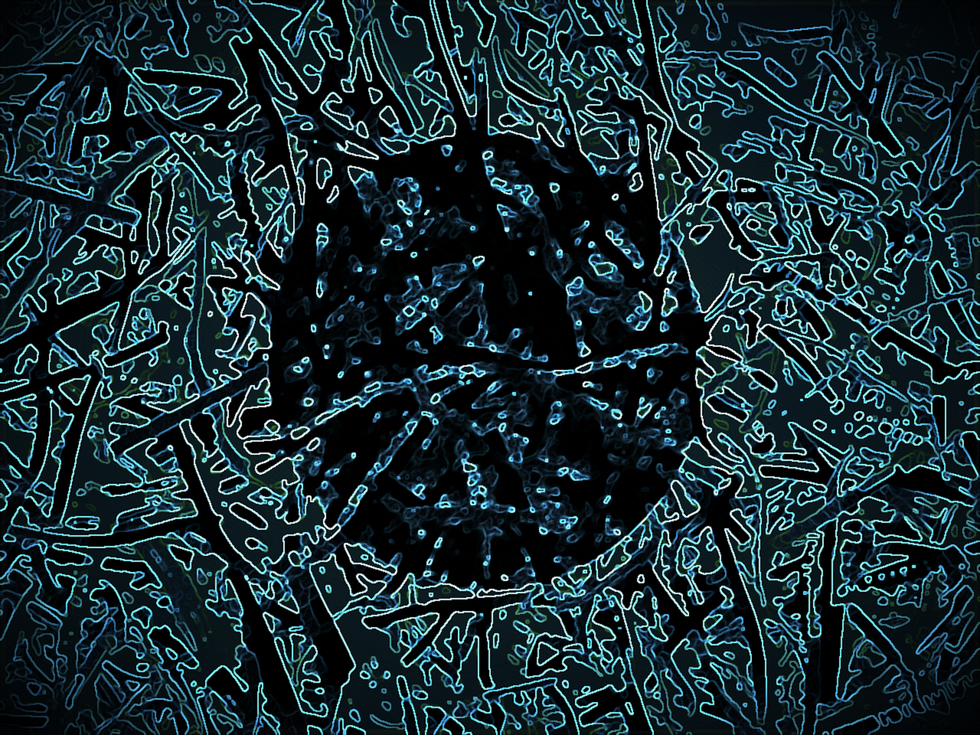We, as humans, like to feel secure with the knowledge accumulated in bounds upon bounds of texts written in the past; but what about the texts yet to be written in the future? In his TED talk, Adam Savage talked about how science is not a contained box, as commonly believed, but an open field. Within that open field are fascinations that are either intentional or coincidental, which leads us to explore this field, wanting to know more about the world around us.
Not only can this pursuit of knowledge lead scientists to discover new species of animal, but entirely new species; such as the example of Canadian scientists discovering a hemimastigote, a new species of microorganisms that belong in their own kingdom separate from animals and plants. Though this discovery was not happened upon by the simple pondering, rather by a simple hike in Nova Scotia. In this way, it can easily relate to Eratosthenes calculating the Earth's circumference from seeing a reflection of the eclipse from the bottom of a well; and physicist Richard Fineman discovering the movement of sub-atomic particles after being inspired by a childhood conversation with his father about why the ball moved to the back of his little wagon to lead a life dedicated to science.
It is a never-ending pursuit that was always present, just as much as the hemimastigote was previously studied in the 19th century, but never placed in an evolutionary tree. A discovery does not have to be a completely new phenomenon, rather it can be further research into any topic that was neglected.
Just like the hemimastigote, a lot of rarely explored areas are in microbiology. In the case of the tardigrade, otherwise known as the water bear, there is yet to be research into where it came from or evolved from. What makes this creature unique is that it can withstand any form of temperature, and even survive in space from the lack of oxygen and the radiation from the Sun. The obvious reason as to why it is fairly recent in world history to research further these microorganisms is because of the use of electron microscopy.
In this way, technology would become incredibly important in understanding the world around us. It allows us to further explore these discoveries more in-depth. Of course, technology is not the root of discoveries, rather they merely assist scientists in uncovering those discoveries. Recently, one of the largest bioengineering project was undertaken to research giant mounds of termite colonies found in northeastern Brazil which are older than the Egyptian pyramids.
Though, this pursuit of knowledge can drive mankind to play God by defying conventional norms in order to satiate their curiosity. Typically, this type of theme is explored in Mary Shelley's "Frankenstein" with Victor Frankenstein trying to resurrect the dead with the creation of the Creature, and by a team of researchers exploring an ancient city in Antarctica at the risk of their own physical and mental health in "At The Mountains Of Madness" by H. P. Lovecraft. In the latter's case, what they find completely contradicted what they supposedly knew.
In a real-world example, upon witnessing the testing of the nuclear weapons he helped create, physicist J. Robert Oppenheimer quoted the "Bhagavad Gita" in a documentary years later "I am now become Death. Destroyer of worlds." The fact that he referenced Hindu cosmology indicates that Oppenheimer's discovery resulted in a weapon that could destroy human civilization. If we are not responsible for our inquiries, our discoveries could have disastrous consequences.
However, what we know, as of November 2018, can truly fascinate us, rather than terrify us. There is the possibility that the Turritopsis nutricula might be the jellyfish that can reverse its polyp cells to its childhood form, thus continuing a cycle of immortality. A positive aspect of making scientific discoveries is that their inquiry could help uncover the methods to minimize human suffering.
Whether it has to do with a rarely researched topic or a previously unclassified species, what can be taken from this article is that we are all capable of making discoveries. These uncoverings could happen unexpectedly, since the world around us is a mystery in itself waiting to provide us with hints. We just need to take the initiative to explore those hints in-depth until we can truly make a discovery.














